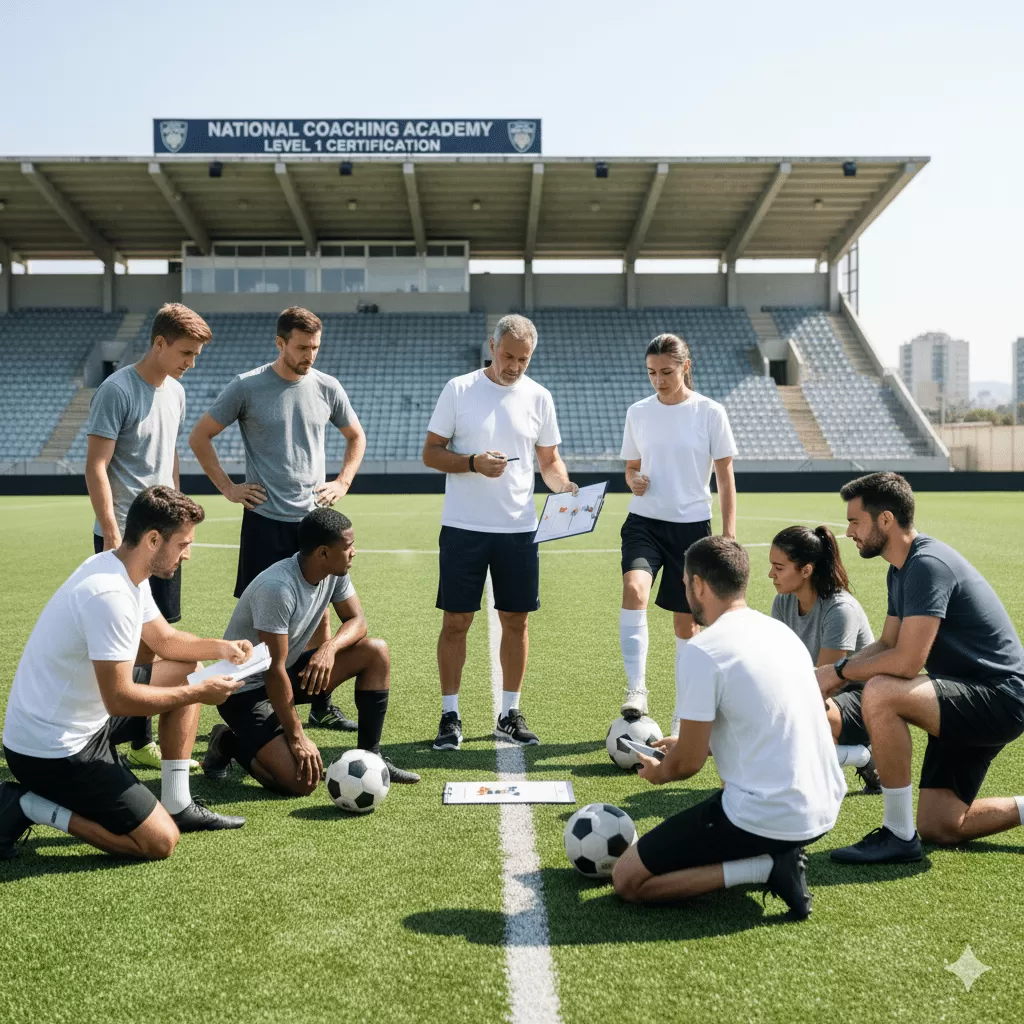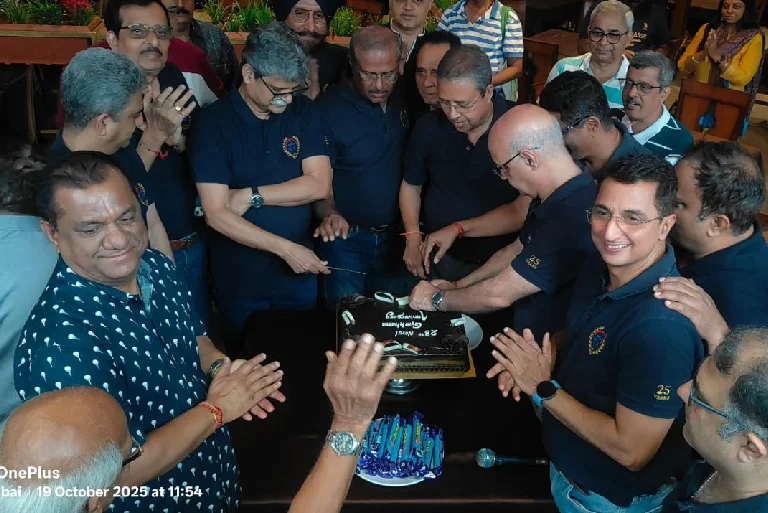Football is more than a sport. It’s a way of living, a culture and, for many, an unattainable dream. What if you wish to extend your passion beyond the field of play? What if your passion is to inspire, guide, and mould the next generation of athletes? This is where coaching comes in.
This blog will explain how to become a football coach, from certifications to skills and advanced pathways. This complete guide is for anyone who wants to build a professional career or beginners looking at their options.
Who can become a football coach, and what are their responsibilities?
The most popular myth is that only former professional players can become coaches. Anybody with a passion for sport and a willingness to learn can become a coach.
Who is eligible to become a Coach?
- Former players: Both professionals and amateurs who want to continue on their journey.
- Sport Enthusiasts: People who are passionate about football, even though they’ve never competed professionally.
- Football Educators, Trainers and Coaches: PE teachers, youth mentors or fitness instructors who want to specialize in football.
Suman Jaiswal, a deaf woman from Nagpur, was among the first to earn an AIFF E License.
The Key Responsibilities of a Football Coach
- Training and Development: Creating practice sessions, drills, and fitness programs.
- Teaching tactics and strategy: Teaching formations, strategies and game decisions.
- Mentorship: Motivating and building up players to build a good team.
- Safety and Care: Make sure that you are prepared to provide first aid, prevent injury, as well as player care.
- Continuous Learning: Staying up to date on the latest trends in football, technology, and techniques.
Football coaches are more than just strategists. A football coach is a mentor, motivator and role model both on and away from the field.
How to become a football coach: A Step-by-Step Guide
1. Build a Strong Foundation
A high school diploma with an emphasis on physical education is beneficial, but not required.
Credibility is enhanced by degrees or diplomas in sport management, physical education or sports coaching.
Courses such as BBA Sports Management or Diploma in Sports Coaching are a good foundation for those looking to start a new career.
2. Get Certified with Coaching Licenses
To become an official football coach, you need to get certifications.
India (AIFF Pathway):
- Begin with the AIFF D License for beginners.
- You can progress to a C-License and later pursue higher certifications.
- Applications can be submitted through AIFF’s official website or state associations such as WIFA.
Global Pathway (UEFA Licences):
- Start with UEFA C, then progress to B, A, and Pro licences.
- UEFA Pro certification is a globally recognized qualification mandatory for elite professional coaches.
Elite Requirement for India:
- AFC Pro-Diploma is required to coach in the I-League.
3. Develop Core Skills
To excel, coaches need to have more than just a knowledge of sport. The following are key skills:
- Communication and Leadership
- Analysis of games and tactics
- Patience and empathy when working with young teams
- Fitness and demonstrative abilities
- CPR and first aid certification for safety requirements
4. Get Practical Experience
Volunteer at local schools, academies and grassroots programmes. Places like Nerul Gymkhana offer structured sports facilities where you can observe and assist experienced coaches.
Help experienced coaches understand how sessions are organized.
Plan warm-ups and matches, run drills, and manage them.
Hands-on experience at a football turf ground can prepare you well for certification exams.
5. Progression to the Professional Level
Once you’ve gained experience, aim higher.
- Pursue advanced AIFF or AFC certifications.
- Specialize in areas like youth development, strength and conditioning, or tactical analysis.
- Attend workshops, network with clubs and continue to learn.
- Stay updated with global football developments through UEFA, FIFA, and AIFF educational resources.
You can find coaching tips for every stage of your journey.
- If you’re just starting out: Watch matches as a coach and not a fan. Be aware of formations, player positioning and decision-making.
- As you progress: Learn from experienced coaches how they motivate teams and manage them.
- At higher levels: Keep upgrading your licenses and focus more on leadership than tactics. A professional coach is required to inspire entire squads, and manage pressure.
FAQs ON How to Become a Football Coach
Yes. Coaching is not just about playing experience. It’s also about knowledge, communication, and skills. Many successful coaches were not professional players.
The amount varies according to the level (D or C, B, etc.) and the hosting organisation. The D-License usually costs a few thousand Rupees and can be completed in a week.
Absolutely. Football coaching is inclusive. Suman Jaiswal is a good example of how determination is more important than limitations.
- D & C Licenses: Grassroots and Youth Level.
- B & A Licenses: Advanced tactical Management and Team management.
- Coaches of professional teams and clubs must have a Pro license.
The process can be completed in several months, beginning with certification, then moving on to practical experience and networking.
Get Football Court Details



































